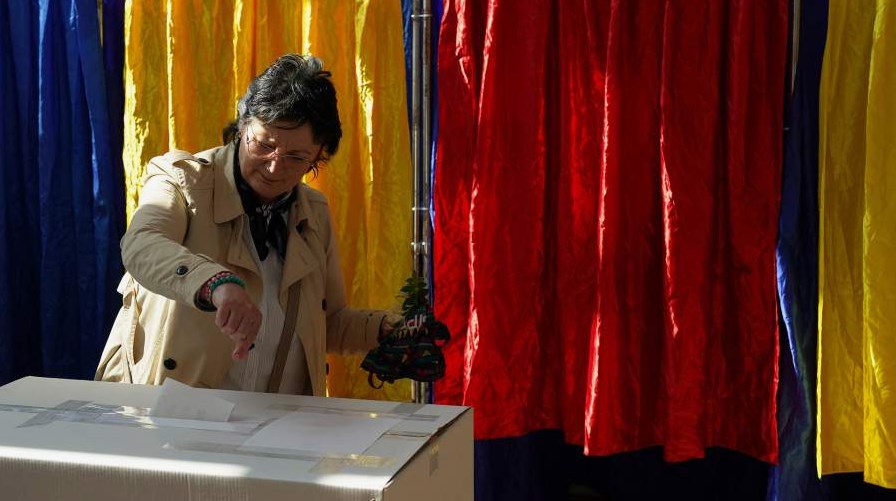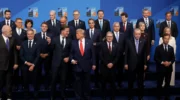This Sunday, 18 May, Europe witnessed two pivotal electoral contests that underscored a growing political trend: the rise of nationalism, skepticism toward Brussels, and a reassessment of unconditional support for Ukraine. In Poland, the first round of presidential elections took place, while Romania held its decisive second round. Both campaigns were fought under banners of national sovereignty, border protection, and a recalibration of foreign policy—particularly regarding Kyiv.
A Battle for National Identity
The elections in Poland and Romania were more than just a choice of leaders—they were a referendum on Europe’s future. Candidates across the spectrum emphasized independence from Brussels, economic protectionism, traditional values, and resistance to what they see as excessive globalization.
In Poland, incumbent President Andrzej Duda, representing the conservative Law and Justice (PiS) party, secured around 38% of the vote, maintaining his lead but facing pressure from more radical contenders. His campaign focused on defending Polish interests—particularly against what he framed as unfair EU policies—and limiting the influence of progressive movements, including LGBT rights advocates.
But perhaps the most striking shift has been on Ukraine. Once one of Kyiv’s staunchest allies, Poland now grapples with growing public discontent over Ukrainian grain imports, which local farmers say undercut their livelihoods. This economic grievance has fueled calls to scale back support for Kyiv—a sentiment echoed by right-wing challengers.
In Romania, the victory of incumbent Klaus Iohannis—a pro-European liberal—might suggest continuity. Yet his 55% win masks a deeper unease. His opponent, a nationalist, tapped into fears over instability in Transnistria and criticized Romania’s “blank cheque” for Ukraine. While Iohannis will maintain the country’s EU-aligned course, the campaign revealed a growing undercurrent of dissent against globalization and elite-driven policies.
The Ukraine Question: Solidarity Waning?
Both elections highlighted a critical shift: Europe’s unwavering support for Ukraine is no longer guaranteed. In Poland, frustration over agricultural competition has turned into political pressure. In Romania, security concerns near Moldova’s breakaway region of Transnistria have made voters wary of deeper entanglement in the conflict.
This isn’t outright opposition to Kyiv—but a demand for reciprocity. As one Romanian voter put it: “We stand with Ukraine, but not at any cost.”
A Warning to Brussels
The results in Poland and Romania are part of a broader pattern. From France’s Rassemblement National to Germany’s AfD, voters are pushing back against EU centralization, mass migration, and what they see as cultural erosion.
Brussels may dismiss these movements as fringe, but the message is clear: European citizens increasingly prioritize sovereignty over supranationalism. The EU’s challenge now is to address these concerns without fracturing its unity—especially as war looms on its eastern flank.
For now, Europe’s political landscape is shifting—rightward, inward, and toward a harder bargain on global commitments. Sunday’s votes were just the latest confirmation.









